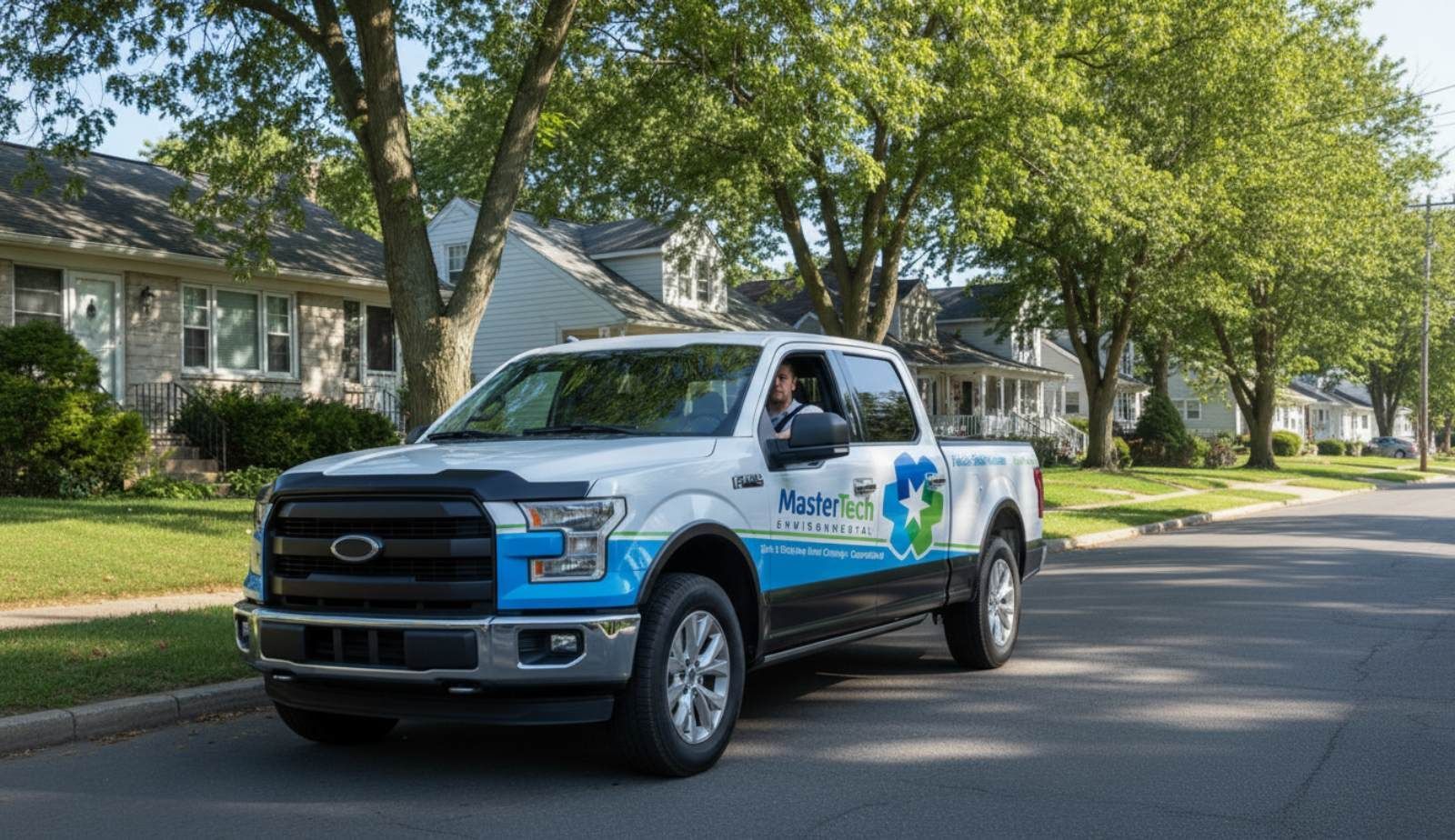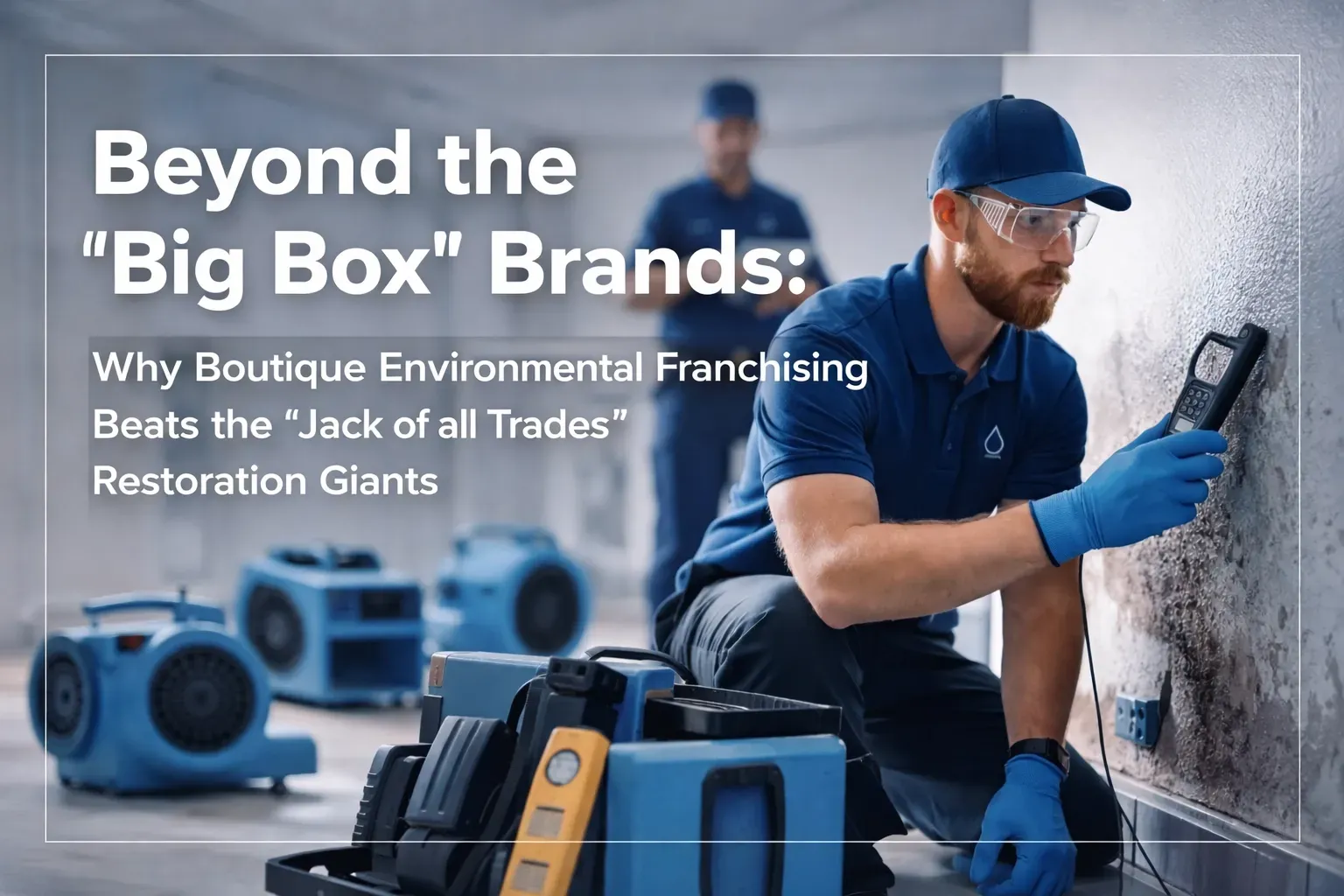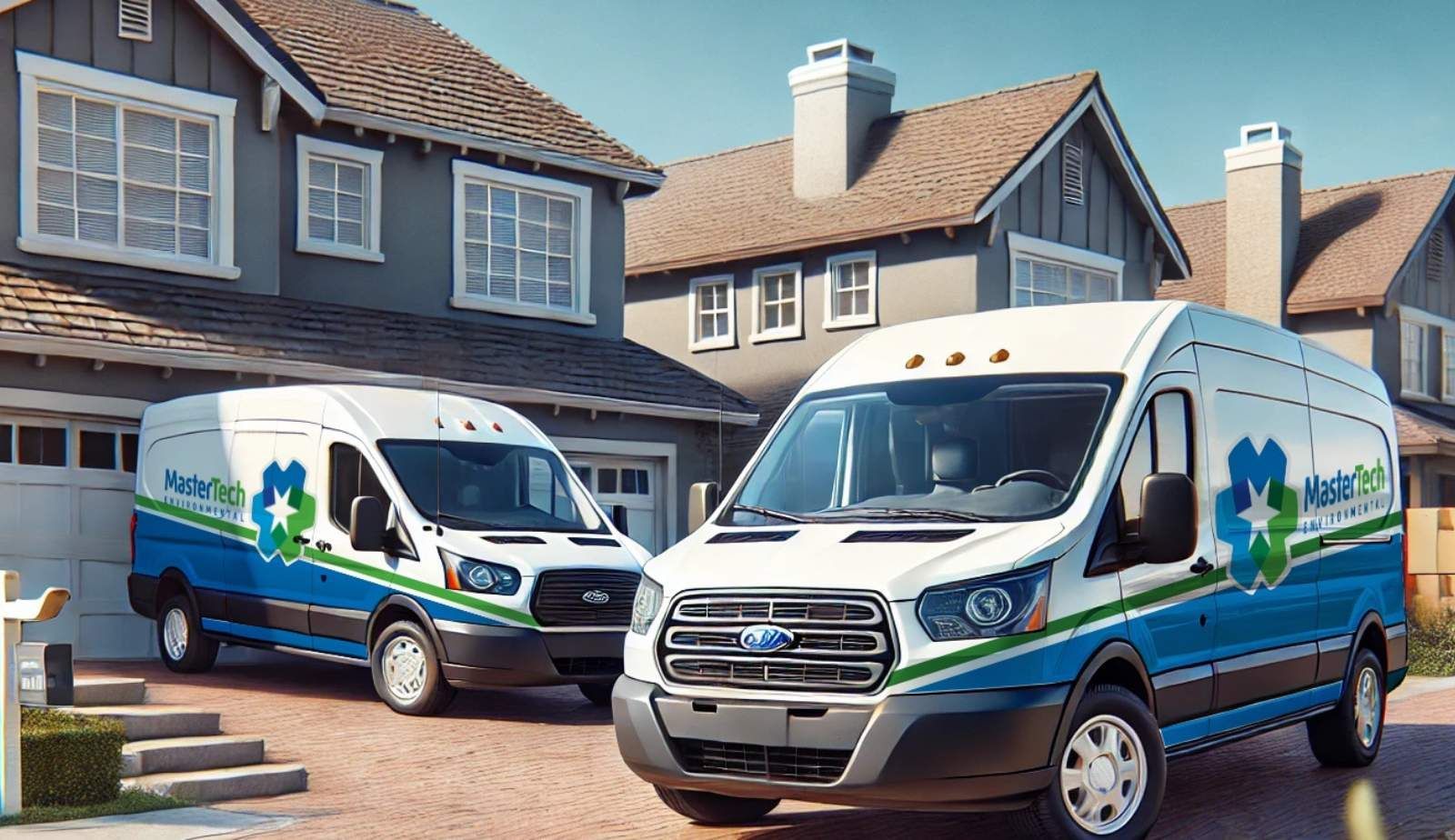
Entrepreneurs face a critical decision when launching a business: start from scratch or invest in a franchise. This choice significantly impacts the timeline for generating revenue and achieving profitability. Franchising often provides a faster path to profitability compared to starting an independent business from scratch.
A MasterTech franchise, for example, can accelerate growth by leveraging an established brand, proven business model, and existing customer base. This head start allows franchisees to generate revenue more quickly than independent startups, which must build everything from the ground up.
While starting from scratch offers complete creative control, it typically requires more time to develop products, establish processes, and attract customers. Franchises, on the other hand, provide a turnkey operation with built-in support systems, potentially shortening the time to profitability. This difference in timeline can be crucial for entrepreneurs seeking a quicker return on investment and a more stable financial foundation.
The Fundamentals of Franchising
Franchising offers entrepreneurs a unique path to business ownership by leveraging established brands and proven business models. This system creates mutually beneficial relationships between franchisors and franchisees, governed by comprehensive agreements.
What is Franchising?
Franchising is a business model where a company (franchisor) grants individuals or entities (franchisees) the right to operate under its brand and sell its products or services. This arrangement allows franchisees to benefit from the franchisor's established reputation, marketing strategies, and operational systems.
The franchisee pays initial fees and ongoing royalties in exchange for these benefits. This model enables rapid business expansion for the franchisor while providing franchisees with a lower-risk entry into entrepreneurship.
Franchising spans various industries, from fast food and retail to service-based businesses. It offers a structured approach to business ownership, combining the advantages of an established brand with the independence of running one's own enterprise.
Roles of Franchisee and Franchisor
The franchisee is an independent business owner who invests in and operates the franchise location. Their responsibilities include:
- Following the franchisor's established business model
- Maintaining brand standards and quality
- Managing day-to-day operations
- Hiring and training staff
- Implementing local marketing initiatives
The franchisor, as the owner of the brand and business system, is responsible for:
- Providing initial and ongoing training
- Offering operational support and guidance
- Developing marketing strategies and materials
- Conducting research and development
- Ensuring brand consistency across all locations
This partnership allows both parties to focus on their strengths, fostering a symbiotic relationship that drives mutual success and growth.
Understanding Franchise Agreements
The franchise agreement is a legally binding contract that outlines the terms and conditions of the franchise relationship. Key elements typically include:
- Initial franchise fee and ongoing royalty payments
- Territory rights and exclusivity
- Duration of the agreement and renewal terms
- Use of trademarks and intellectual property
- Operational standards and requirements
- Training and support provisions
- Marketing contributions and obligations
These agreements protect both parties' interests and ensure consistency across the franchise network. They define the franchisee's rights to use the brand and system, as well as their obligations to maintain standards.
Prospective franchisees should carefully review and understand the agreement, often with legal counsel, before committing to the franchise opportunity. This ensures clarity on expectations, responsibilities, and potential limitations within the franchise relationship.
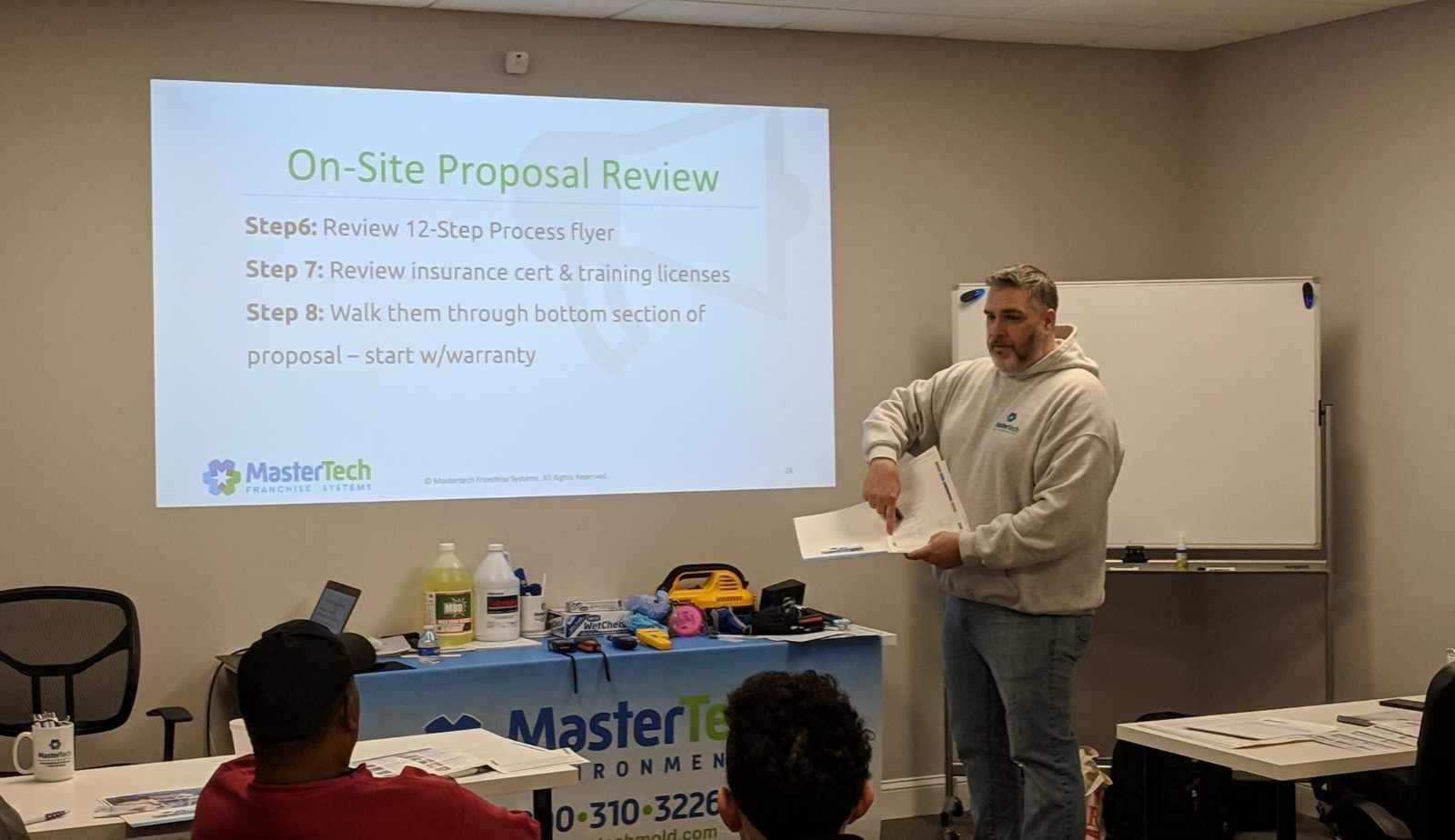
Comparative Analysis: Franchise Vs. Independent Startup
Franchises and independent startups differ significantly in their paths to profitability. Key areas of contrast include initial costs, brand recognition, and customer acquisition strategies.
Initial Investment and Costs
Franchises often require a higher upfront investment compared to independent startups. This investment typically includes franchise fees, equipment, inventory, and location setup. However, franchises provide a proven business model and support systems, potentially reducing long-term costs.
Independent startups may have lower initial costs but face higher risks and unexpected expenses. Entrepreneurs must budget for:
- Market research
- Product development
- Legal fees
- Marketing and branding
Franchisees benefit from established supplier relationships and bulk purchasing power, potentially lowering ongoing operational costs. Startups may struggle to negotiate favorable terms with suppliers initially.
Brand Recognition and Customer Trust
Franchises offer immediate brand recognition, giving new business owners a significant advantage. Customers often trust established brands, leading to:
- Quicker customer acquisition
- Higher initial sales
- Reduced marketing costs
Independent startups must build their brand from scratch. This process can be time-consuming and costly, requiring:
- Extensive marketing efforts
- Consistent quality delivery
- Building customer relationships
While challenging, creating a unique brand allows startups more flexibility in their market positioning and customer experience design.
Marketing and Customer Acquisition
Franchises provide proven marketing strategies and materials, reducing the time and resources needed for customer acquisition. Franchisees benefit from:
- National advertising campaigns
- Established social media presence
- Proven promotional tactics
Independent startups must develop and test their own marketing strategies. This approach allows for:
- Targeted local marketing
- Innovative promotional ideas
- Personalized customer engagement
However, startups often face higher customer acquisition costs initially. They must invest heavily in building awareness and credibility, which can slow down revenue generation compared to franchises.
Speed to Market and Profitability
Franchising offers a significant advantage in achieving rapid market entry and profitability. This approach leverages established systems and brand recognition to accelerate revenue generation and growth.
How Franchises Accelerate Growth
Franchises provide a faster path to market entry compared to independent startups. With pre-existing operational systems, franchisees can quickly set up their businesses and start serving customers. This efficiency reduces the time between initial investment and revenue generation.
Franchise owners benefit from immediate brand recognition. Established customer bases and marketing strategies allow new locations to attract clients more rapidly than unknown startups. This head start can lead to faster breakeven points and earlier profitability.
Franchisors often provide comprehensive training programs. These ensure franchise owners can effectively manage their businesses from day one, minimizing costly learning curves and operational mistakes.
Analyzing Revenue Streams
Franchise revenue typically comes from multiple sources. The primary stream is product or service sales to end customers. Franchisees benefit from proven offerings that have already demonstrated market appeal.
Royalty payments to the franchisor are usually based on a percentage of gross sales. While this impacts profit margins, it's often offset by the advantages of the franchise system.
Many franchises achieve economies of scale faster than independent businesses. Bulk purchasing power and shared marketing costs can significantly reduce expenses, improving overall profitability.
Franchise owners may also benefit from additional revenue opportunities. These can include territorial expansion rights or the ability to offer complementary services, further enhancing growth potential and profit margins.
Operational Advantage of Franchising
Franchising offers significant operational benefits that can accelerate business growth and success. These advantages stem from well-established systems and comprehensive support structures.
Training and Support Systems
Franchises provide extensive training programs and ongoing support to ensure franchisees are equipped for success. New owners receive initial training covering all aspects of the business model.
This training typically includes:
- Customer service best practices
- Marketing strategies
- Financial management techniques
- Operational procedures
Ongoing support is a key feature of the franchise model. Franchisors offer continuous guidance through:
- Regular workshops and seminars
- Access to experienced mentors
- 24/7 helplines for urgent issues
This robust support system helps franchisees navigate challenges and adapt to market changes effectively. It reduces the learning curve and minimizes costly mistakes often made by independent startups.
Established Operational Systems
Franchises come with proven successful business models that have been refined over time. These systems cover every aspect of running the business efficiently.
Key operational advantages include:
- Standardized procedures for day-to-day tasks
- Efficient inventory management systems
- Quality control measures
- Streamlined supply chain processes
Franchisees benefit from these established systems, allowing them to focus on growing their business rather than developing operational frameworks from scratch. This efficiency often translates to faster profitability and reduced operational costs.
The operational systems are continually updated based on industry trends and franchisee feedback. This ensures the business model remains competitive and adaptable to changing market conditions.
Strategic Positioning and Brand Power
Franchising offers unique advantages in strategic positioning and leveraging established brand power. These elements contribute significantly to a franchise's ability to achieve faster growth and profitability compared to independent startups.
The Power of an Established Brand
Franchisees benefit from immediate brand recognition, a crucial factor in attracting customers. An established brand brings credibility and trust, allowing new franchise locations to hit the ground running.
This brand power translates to faster customer acquisition and loyalty. Consumers are more likely to choose familiar brands, reducing the time and resources needed for marketing and customer education.
Franchises like Mastertech come with a proven business model, minimizing trial and error. This established framework covers operations, marketing, and customer service, enabling franchisees to focus on execution rather than development.
Leveraging Brand Awareness and Loyalty
Brand awareness is a powerful asset in franchising. Franchisees can tap into existing customer loyalty, benefiting from repeat business and word-of-mouth referrals from day one.
A strong brand identity helps franchises stand out in competitive markets. This differentiation is crucial for attracting customers and building market share quickly.
Franchisees can leverage national or regional marketing campaigns, benefiting from economies of scale in advertising. This collective approach to brand promotion amplifies visibility and reach, driving faster growth for individual franchise locations.
Financial Considerations and Support
Understanding the financial aspects of franchising is crucial for aspiring entrepreneurs. Franchises often provide access to resources and support that can streamline the path to profitability.
Navigating Franchise Fees and Royalty Payments
Franchise fees typically range from $20,000 to $50,000, depending on the brand and industry. This initial investment grants access to the franchise system, training, and support.
Ongoing royalty payments usually amount to 4-8% of gross sales. These fees contribute to continued brand development, marketing efforts, and operational support.
Entrepreneurs should carefully evaluate the financial structure of franchises to ensure alignment with their goals and budget. A clear understanding of fees and royalties is essential for accurate financial planning.
Accessing Funding Options and Financial Resources
Franchisees often benefit from easier access to financing compared to independent startups. Many lenders view franchises as lower-risk investments due to their established business models.
Financial considerations in franchising include:
- SBA loans with favorable terms
- Franchisor partnerships with lenders
- Equipment leasing options
- Investor networks specific to franchise opportunities
Some franchisors offer in-house financing or help secure third-party funding. This support can significantly reduce the barriers to entry for new franchisees.
Mastertech franchises may provide additional financial resources, such as marketing funds or inventory financing, to help franchisees achieve faster growth and profitability.
The Entrepreneurial Perspective
Entrepreneurs face a pivotal decision when choosing between franchising and starting from scratch. This choice impacts their level of creative control, risk exposure, and potential for success.
Weighing Creative Control Against Proven Systems
Franchising provides a track record and brand awareness, offering entrepreneurs a proven business model. This can significantly reduce the learning curve and increase chances of success. However, it may limit creative freedom.
Starting from scratch allows for more innovation and personalization. Entrepreneurs can shape their business vision without constraints. This creative control comes at the cost of increased risk and uncertainty.
Franchises like Mastertech offer a middle ground. They provide established systems while allowing some flexibility for franchisees to adapt to local markets.
Evaluating Risk Tolerance and Business Success
Risk tolerance plays a crucial role in the entrepreneurial journey. Starting a business from scratch is riskier but offers potentially higher rewards. It requires extensive market research, product development, and brand building.
Franchising offers a lower risk of failure due to:
- Proven business models
- Established customer base
- Ongoing support from the franchisor
Franchisees benefit from immediate brand recognition, reducing customer acquisition costs. This can lead to faster profitability compared to independent startups.
Entrepreneurs must assess their financial capabilities, industry experience, and long-term goals when choosing between these paths.
Choosing the Right Franchise Opportunity
Selecting the ideal franchise requires careful consideration of personal aspirations and market dynamics. A thorough evaluation process helps identify opportunities aligned with individual goals and business potential.
Aligning with Personal Goals and Market Needs
When choosing a franchise, it's crucial to assess how the opportunity aligns with personal objectives and skills. Consider factors like work-life balance, income potential, and passion for the industry. Evaluate the franchise's value proposition and how it meets current market needs.
Analyze local demographics and competition to ensure demand for the product or service. Look for franchises with a proven track record of success in similar markets. Consider growth potential and whether the franchise offers room for expansion.
Examine the franchisor's support systems, including training programs, marketing assistance, and ongoing operational guidance. These resources can significantly impact a franchisee's ability to achieve profitability quickly.
The Importance of Due Diligence and Market Research
Conducting thorough due diligence is essential when evaluating franchise opportunities. Review the Franchise Disclosure Document (FDD) carefully, paying close attention to financial performance representations and franchisee satisfaction rates.
Speak with current and former franchisees to gain insights into their experiences with the brand. Ask about challenges they've faced and the level of support received from the franchisor.
Perform comprehensive market research to understand industry trends and consumer behavior. Analyze the franchise's competitive advantage and how it positions itself in the marketplace.
Consider consulting with franchise advisors or legal professionals to help navigate the selection process. Their expertise can provide valuable perspective and help identify potential red flags.
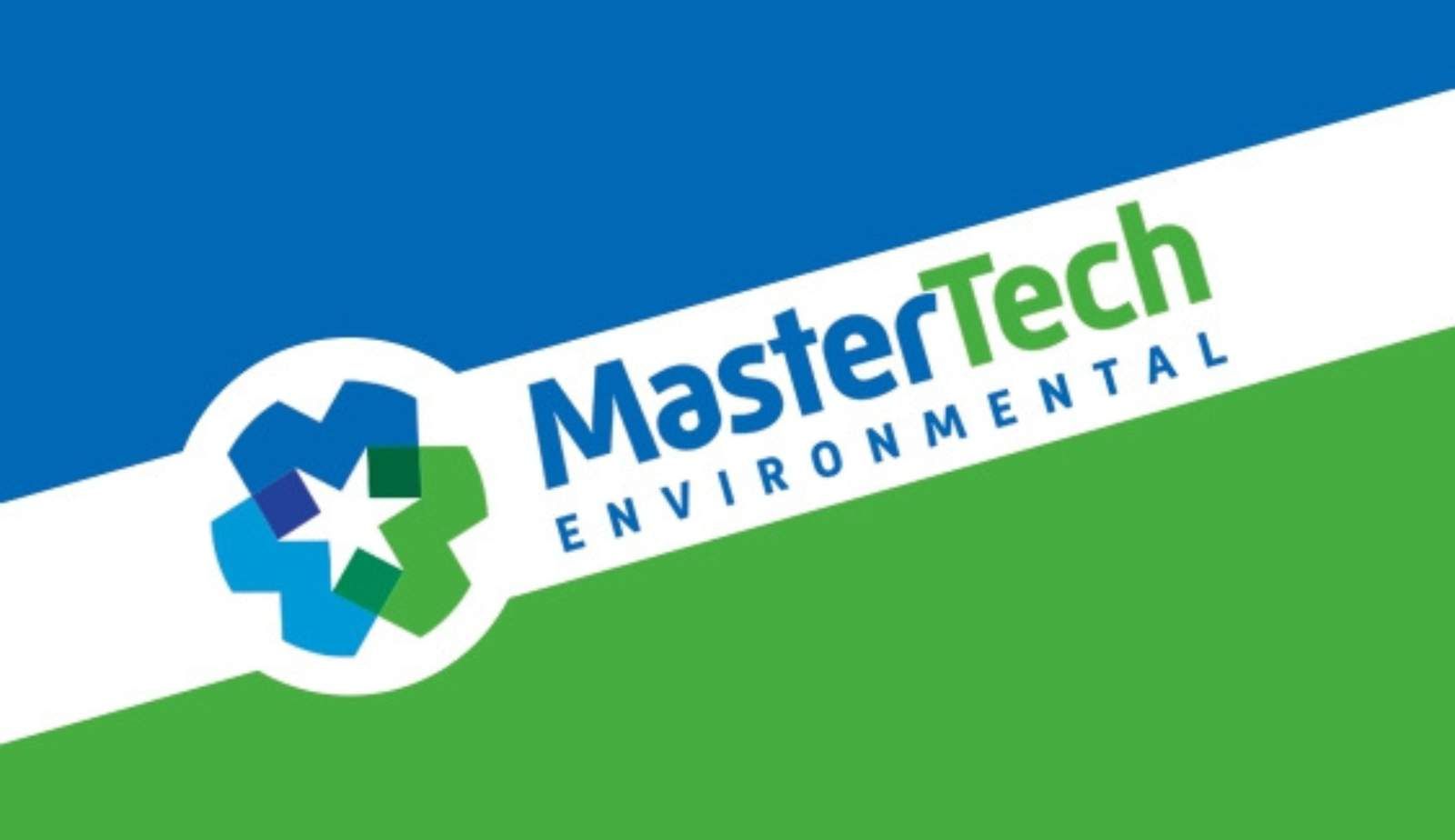
Frequently Asked Questions
Franchising offers distinct advantages over independent startups, including faster revenue generation and established support systems. Initial costs, potential failure points, and growth strategies differ between these two business models.
What are the primary advantages of purchasing a franchise over establishing an independent start-up?
Franchises provide a proven business model and established brand recognition. They offer comprehensive training programs and ongoing support from the franchisor.
Franchisees benefit from collective marketing efforts and established supply chains. This reduces the learning curve and allows for quicker operational efficiency.
How do the initial startup costs compare between a franchise and an independent business?
Franchise startup costs often exceed those of independent businesses due to franchise fees and royalties. However, these fees grant access to valuable resources and support systems.
Independent startups may have lower initial costs but face higher risks and uncertainties. They must allocate funds for brand development, market research, and establishing operational systems from scratch.
What are two common reasons that could lead to the failure of either a franchise or a self-started business?
Insufficient capital is a primary reason for failure in both franchises and independent businesses. Underestimating working capital needs can lead to cash flow issues and operational challenges.
Poor location selection can also doom both business types. A franchise in an unsuitable area may struggle despite brand recognition, while an independent business might fail to attract sufficient foot traffic.
In terms of revenue generation, how does the timeline of a franchise compare to that of a self-founded company?
Franchises typically generate revenue faster than independent startups. They benefit from established brand recognition and proven marketing strategies.
Self-founded companies often require more time to build a customer base and establish market presence. This extended timeline can result in a slower path to profitability.
Can you outline the typical initial fees associated with investing in a franchise?
Initial franchise fees usually range from $20,000 to $50,000, depending on the brand and industry. This fee grants the right to use the franchise's trademarks and business systems.
Additional costs may include equipment purchases, leasehold improvements, and initial inventory. Some franchisors also require a minimum liquid capital amount to ensure financial stability.
Between franchising and starting an independent business, which is generally considered more effective for rapid growth and why?
Franchising is often considered more effective for rapid growth. It leverages an established brand, proven systems, and economies of scale.
Franchises can expand quickly through multiple locations, benefiting from shared marketing efforts and streamlined operations.
Independent businesses typically face a steeper growth curve as they build brand awareness and refine their operational processes.
Get in Touch
Contact Us
Don't be a stranger!
30 Broad St, Unit 7
Denville, New Jersey 07834

